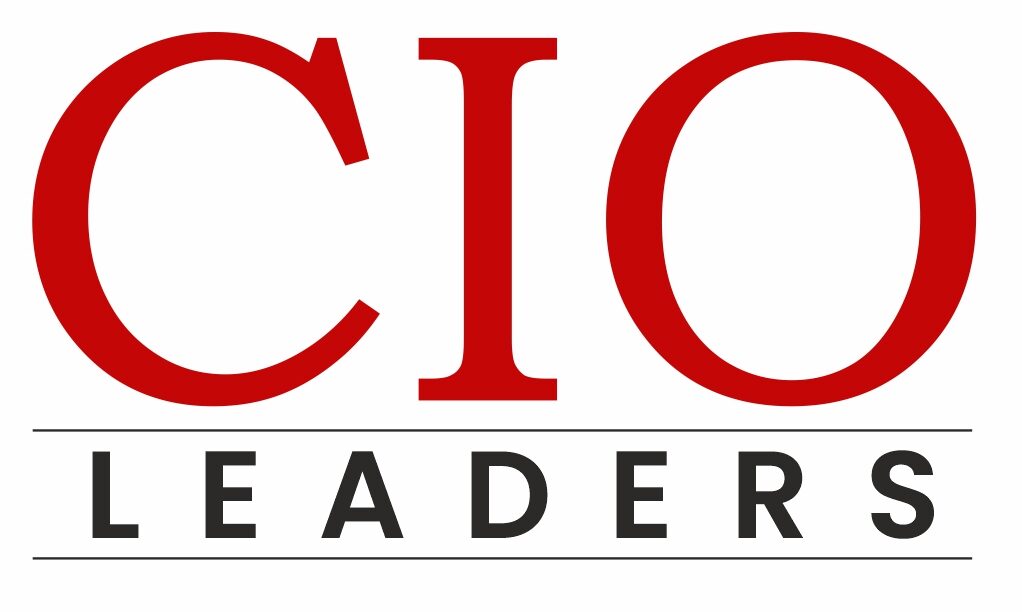The service sector is witnessing a significant transformation with the rise of emerging technologies. These technologies are reshaping the way services are delivered, enhancing efficiency, and improving the overall customer experience. From automating guest requests to bridging communication gaps with technology, the service sector is witnessing a paradigm shift. The introduction of AI, IoT, and Blockchain technology has further moved this industry into a new era of innovation and personalized service delivery. This industry’s focus is on designing systems with the user in mind, negotiating cost-efficient contracts, and integrating CSR as a business strategy.
In this technological revolution, a key figure stands out: Ahmad Hafez. Entrusted with the significant responsibility of steering the overall technology direction, Ahmad’s role encompasses strategic planning, budgeting, and identifying and evaluating emerging technologies. His position enables him to introduce solutions that enhance staff efficiency and contribute to CSR initiatives. Ahmad’s approach to technology maintains human involvement as part of the design process, ensuring an organic integration of technology.
Serving as Corporate Director of IT at Jannah Hotels and Resorts, Ahmad’s leadership has led Jannah to the successful introduction of a guest app, which has facilitated a more systematic and automated workflow. The company is recognized for its focus on catering to the modern traveler and investing in innovation. With a balanced approach to technology and a focus on secure payments and loyalty programs based on Blockchain technology, Jannah demonstrates the transformative power of technology in the service sector.
Let’s explore Ahmad’s innovative leadership approach for shaping the service sector:
Emerging Technologies in the Service Sector
Ahmad is entrusted with the significant responsibility of providing Jannah’s guests and staff with the latest technology. His role encompasses strategic planning, budgeting, and steering the overall technology direction of the company.
His position enables him to identify and evaluate emerging technologies, implement cutting-edge guest experience technologies, introduce solutions that enhance staff efficiency, and contribute to the company’s CSR initiatives.
Automating Guest Requests for Improved Service
The introduction of the guest app has facilitated a more systematic and automated workflow for the staff at Jannah. It enables real-time reporting and interaction with guest requests. Currently, there are efforts underway to digitize two areas that, while guest-facing, primarily assist the staff in prioritizing their daily tasks by eliminating manual work.
Bridging Communication Gaps with Technology
One of the successful areas of tech-business relations in Jannah is the introduction of an app. This app was sourced and designed with the aim of enabling guests to communicate in the simplest way possible without language barriers. It had to meet a list of stringent requirements, which ensured its success in its workflow.
The return on this investment is evident in the increasing number of direct bookings and room service orders from the app, the number of downloads, sign-ups, requests within the app, positive reviews, and enhanced deliverables from the staff.
Designing Systems with the User in Mind
The system was designed to keep both the guest and the end user in mind. It aims to reduce waiting time, prevent loss of calls, and ensure proper retention of guest data.
Data security is a fundamental pillar of their infrastructure. The application of stringent user permissions and access rights ensures that no data breach can be exploited.
Negotiating Cost-Efficient Contracts
Strategic planning ahead allows for prediction and forecasting through data and insights into the market and trends in Jannah. This approach has enabled them to align their business partners and negotiate long-term, cost-efficient contracts.
CSR as a Business Strategy
When examining the company’s strategy, integrating CSR as a business strategy of the company rather than just an initiative is a key focus. This approach aligns business needs and strategy, resulting in a less fragmented CSR pipeline.
A Balanced Approach to Technology
Maintaining human involvement as a part of the design process where technology is implemented allows for an organic integration of technology. This approach ensures that the technology does not feel out of place or as if it is forcibly replacing an action.
Catering to the Modern Traveler
The Edge Hotel is recognized as a very hip and trendy establishment. It was designed from the ground up to cater to the needs of the modern traveler, who is more inclined towards BYD (bring your own device) than traditional hotel offerings.
From the early stages, the decision was made to opt for the fastest available Wi-Fi technology and a more user-centric TV offering. This was done in parallel with the introduction of a lightweight brand app.
Investing in Innovation
The early adoption of any technology is often accompanied by substantial initial investment and the need to source an experienced business partner and supplier who is qualified for the job. In the case of Crypto-Payments, there were several regulatory compliances that were, rightfully so, concerned with the legality of activity and fraud-related aspects.
By putting the right framework into action with the support of the vendor, these compliances were met with approval, clearing any shadow of doubt over the business’s credibility.
AI and Personalized Guest Experience
The big buzzword AI has numerous positive implementations in the hospitality industry, which aid in delivering a tailored, personalized guest experience. It also provides directives to optimize revenue by utilizing its machine-learning algorithms for competitive analysis.
IoT is another significant area that enables the creation of Smart Rooms. The proper application of sensors can enhance predictive maintenance.
Secure payments and loyalty programs based on Blockchain technology are the focus areas. This aligns with securing the check-in process and ensuring guest information security.

